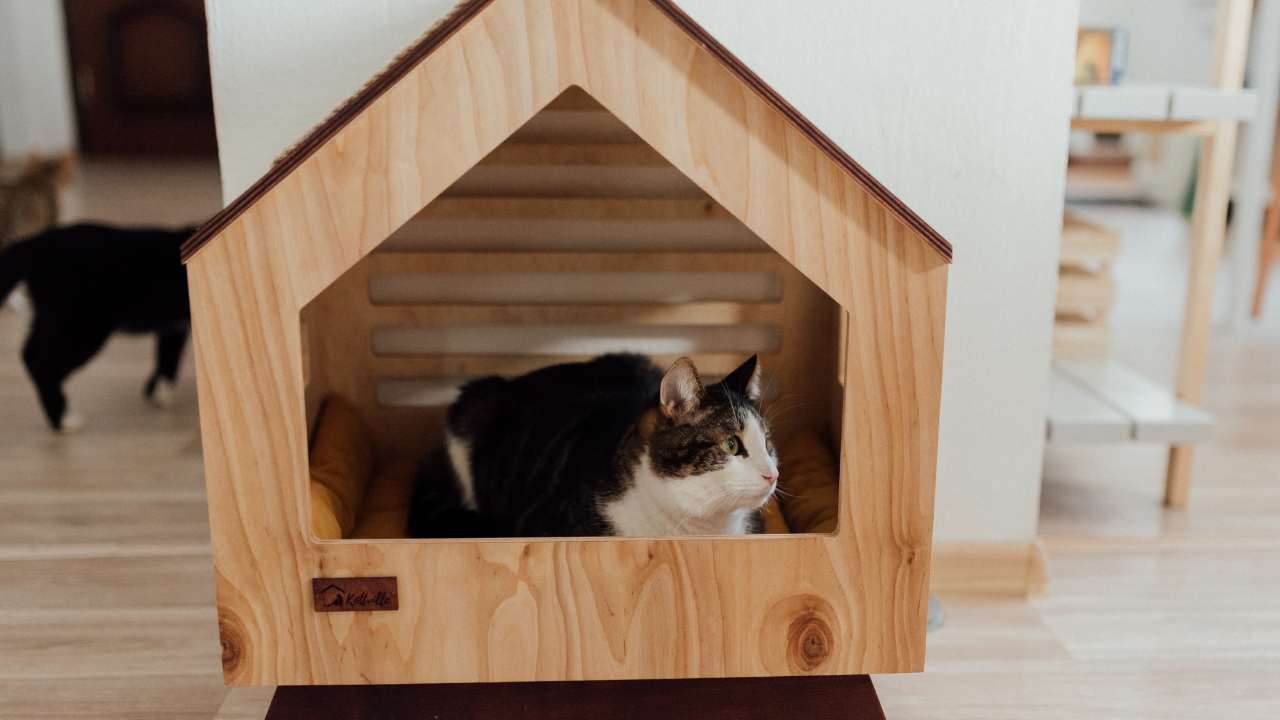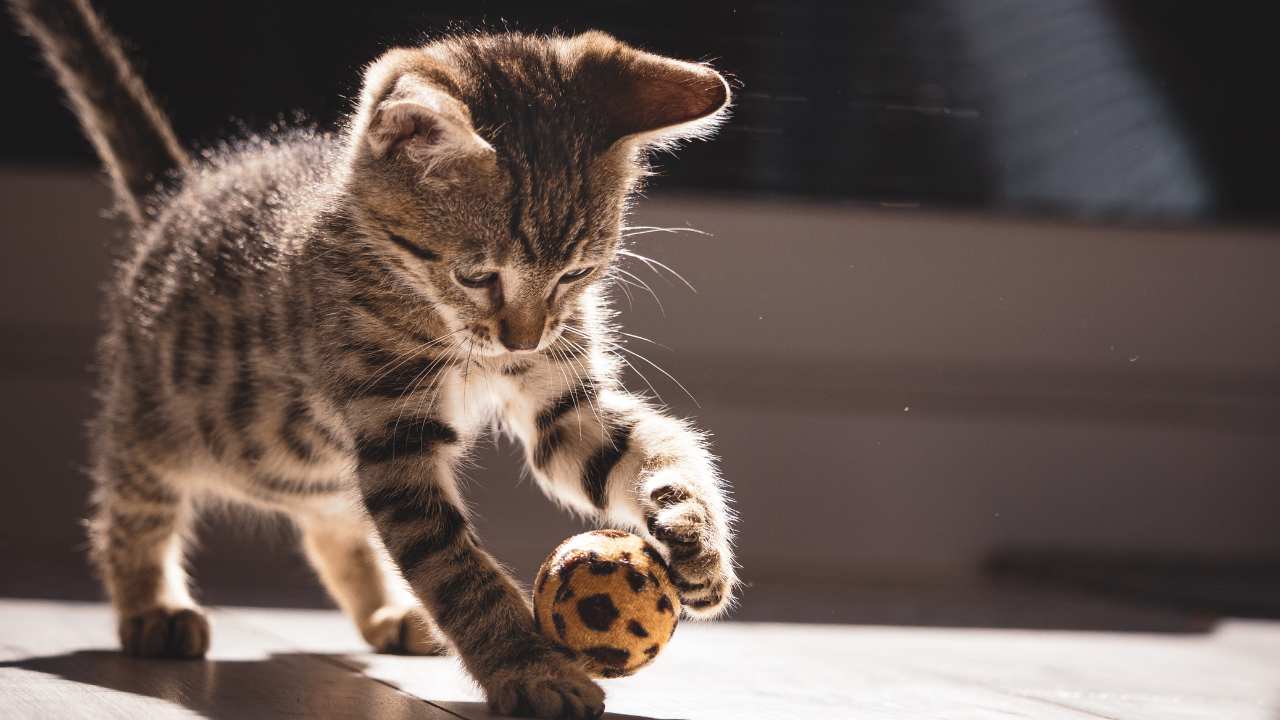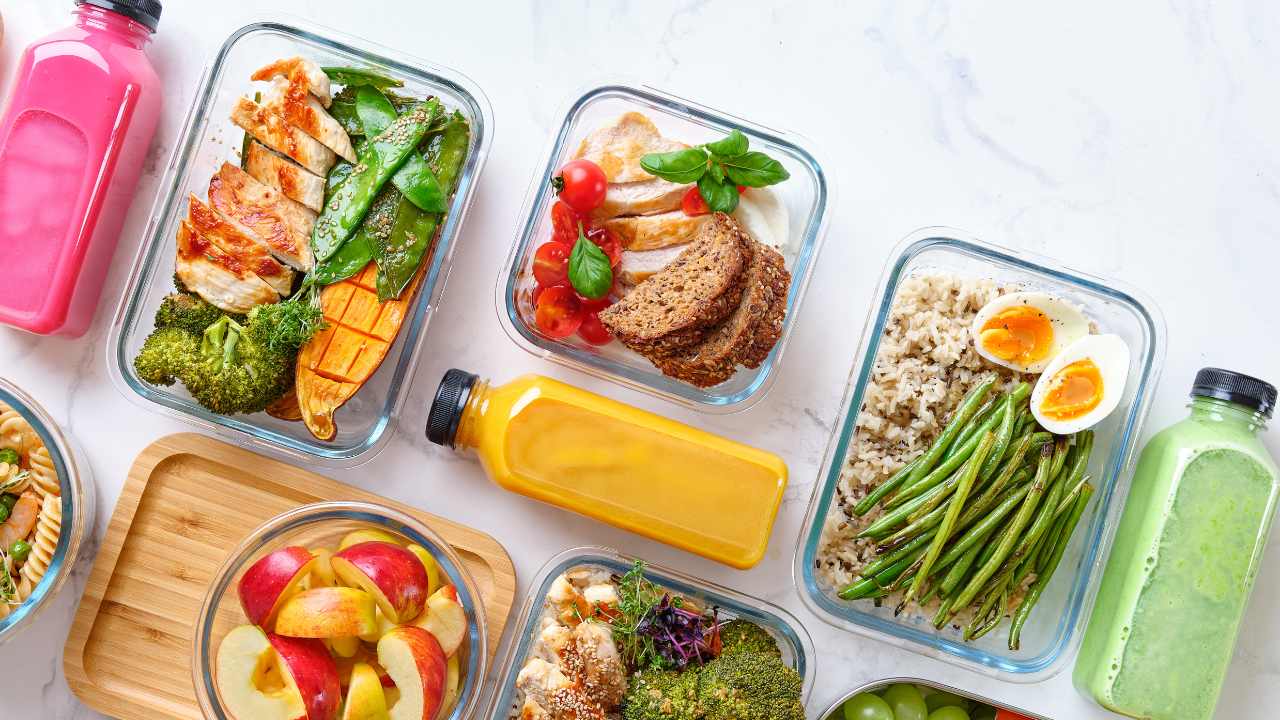As a cat owner, ensuring your feline companion stays healthy and happy is a top priority. One key factor in maintaining your cat’s well-being is providing a balanced diet, especially for indoor cats, who tend to have different dietary needs compared to their outdoor counterparts. So, what is the healthiest food for an indoor cat? Let’s dive into the best options that will help keep your cat in great shape.
Understanding the Nutritional Needs of Indoor Cats
Indoor cats often lead a more sedentary lifestyle compared to outdoor cats. They have less access to natural hunting instincts and typically don’t burn as many calories. As a result, their diet needs to be adjusted to reflect their lower energy expenditure. Overfeeding or feeding the wrong types of food can lead to obesity, digestive problems, and other health issues.
Indoor cats need a diet rich in high-quality proteins, vitamins, and minerals to maintain muscle mass and overall health. However, the caloric content should be carefully monitored to prevent excessive weight gain. Below are the types of foods that best meet these requirements.
Best Foods for Indoor Cats

1. High-Quality Protein Sources
Protein is an essential nutrient for all cats, and it becomes even more important for indoor cats to support their muscle mass and energy levels. Look for cat food that lists high-quality animal proteins, such as chicken, turkey, beef, or fish, as the first ingredient. These protein sources provide the necessary amino acids your cat needs for optimal health.
2. Low-Calorie, High-Fiber Options
Since indoor cats tend to be less active, a food that is low in calories but high in fiber can help them feel full without gaining excess weight. Fiber also aids in digestion and promotes healthy bowel movements. Look for foods with added fiber, such as pumpkin, sweet potatoes, or peas, which can help control your cat’s weight while maintaining digestive health.
3. Moisture-Rich Foods
Cats, especially indoor ones, often don’t drink enough water. This can lead to urinary tract problems or kidney issues over time. Wet food or a combination of dry and wet food can help ensure your cat is getting enough moisture in their diet. Wet food also tends to be more palatable for cats, making mealtime more enjoyable.
4. Omega Fatty Acids for Coat and Skin Health
Indoor cats can be more prone to dry skin due to the low humidity in indoor environments. Omega-3 and omega-6 fatty acids, found in fish oils, flaxseeds, and other ingredients, are excellent for promoting a shiny, healthy coat and preventing dry skin. Make sure the food you select contains these healthy fats.
5. Antioxidants for Immune System Support
A strong immune system is vital for indoor cats, especially since they are not exposed to outdoor pathogens. Foods that contain antioxidants such as vitamins E and C, along with other natural compounds like taurine, can help support your cat’s immune function. These nutrients contribute to overall health and longevity.
Key Considerations When Choosing Indoor Cat Food
When selecting the best food for your indoor cat, consider the following:
- Age and Health Condition: Kittens, adult cats, and senior cats all have different dietary needs. Consult your vet for specific recommendations based on your cat’s age and any existing health concerns.
- Ingredients: Avoid foods with fillers such as corn, soy, and wheat. Instead, look for high-quality ingredients and ensure there are no artificial additives or preservatives.
- Portion Control: Even though indoor cats require fewer calories, portion control is crucial. Follow the feeding guidelines on the food package and monitor your cat’s weight regularly to ensure they’re maintaining a healthy size. Click Here
Conclusion
In summary, the healthiest food for an indoor cat is one that provides high-quality protein, a balance of healthy fats and fibers, plenty of moisture, and essential nutrients to support their overall health. By choosing the right food, you can ensure your indoor cat stays active, healthy, and happy for years to come. Always remember to consult with your vet to tailor your cat’s diet to their specific needs.
Frequently Asked Questions (FAQ)
Q: Can I feed my indoor cat only dry food? A: While dry food can be convenient, it is important to provide your cat with wet food as well to ensure they stay hydrated. Mixing both types of food can offer a well-rounded diet.
Q: How do I know if my cat is overweight? A: You can check your cat’s weight and body condition by gently feeling their ribs. If you can’t feel them easily, they may be overweight. Consult your vet for an accurate assessment.
Q: Are there any foods I should avoid giving my indoor cat? A: Yes! Avoid foods that are toxic to cats, such as chocolate, onions, garlic, grapes, and alcohol. Additionally, be mindful of foods high in sugar or unhealthy fats.
Stay Connected With Google News

A passionate food writer with a deep commitment to promoting healthy eating habits, I create engaging and informative content that helps readers make better food choices. With a focus on nutrition, wellness, and practical tips, I share easy-to-follow recipes, health-conscious meal plans, and expert insights to inspire a balanced lifestyle. My mission is to make healthy eating accessible and enjoyable for everyone.





